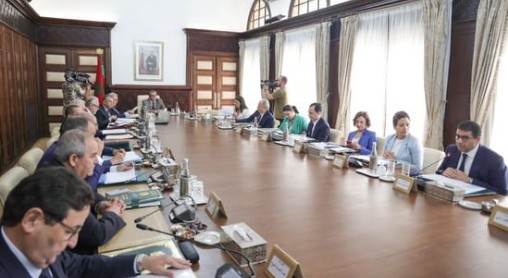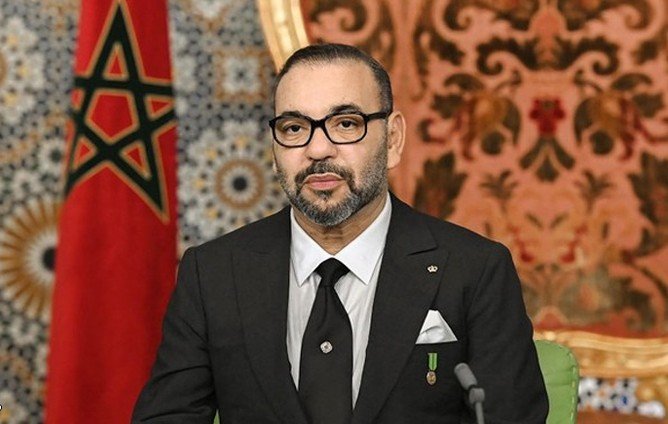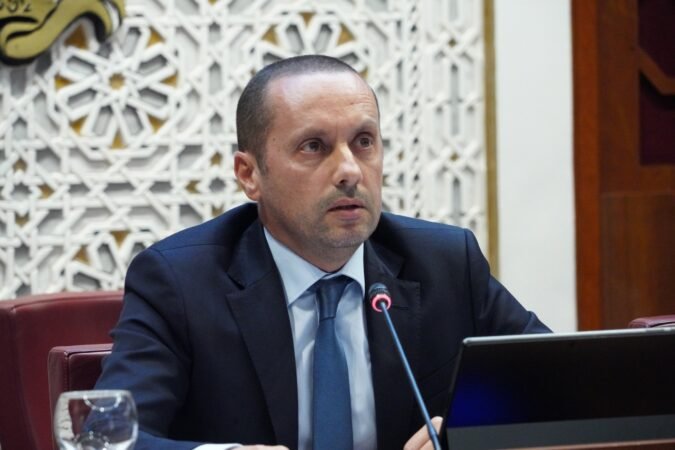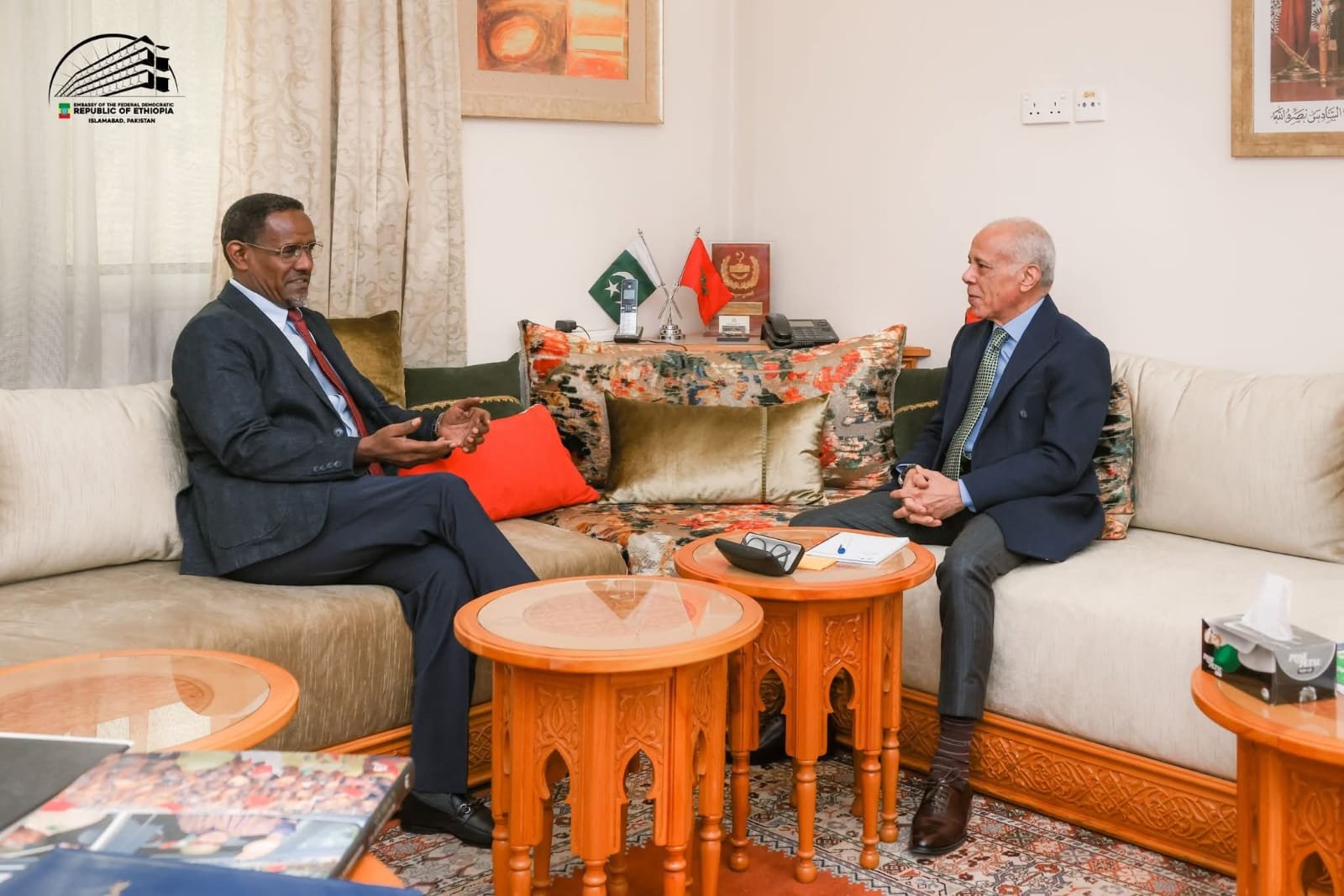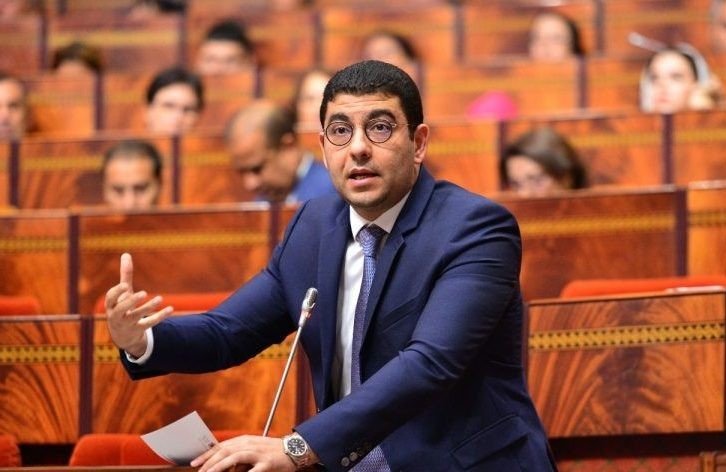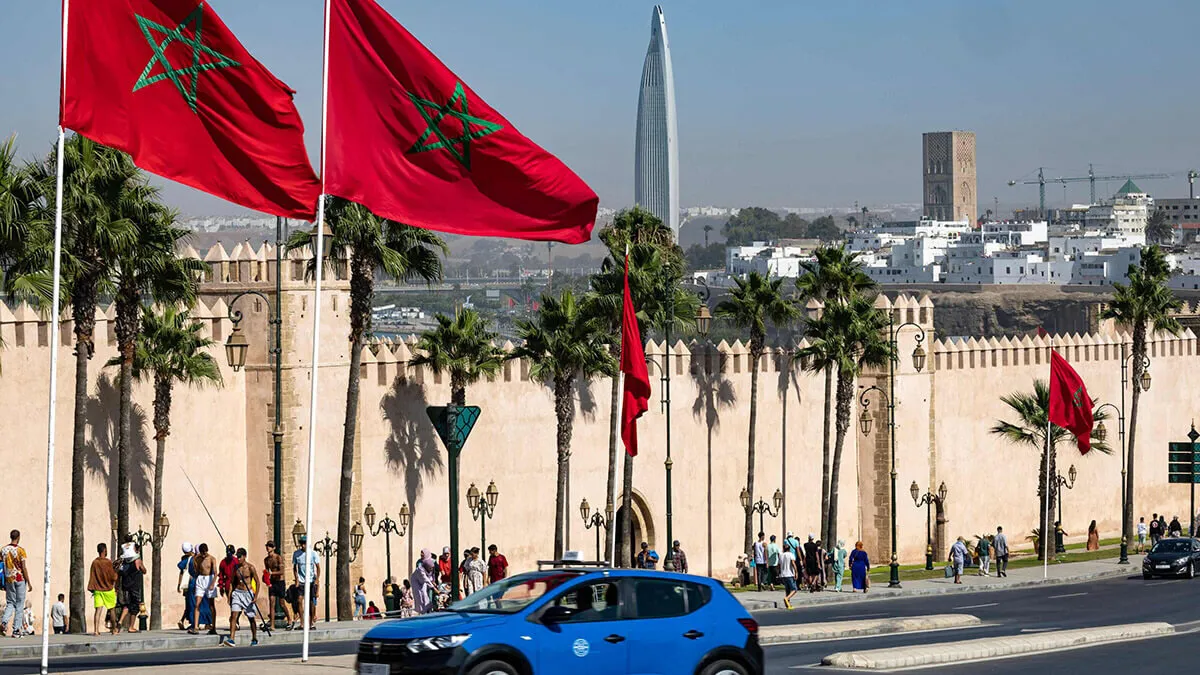Rabat, July 11, 2025 – The Europe Today: The Moroccan government on Thursday approved the implementation of an extradition agreement between the Kingdom of Morocco and the Kingdom of Saudi Arabia, marking a significant step forward in bilateral judicial cooperation.
The agreement, originally signed in Riyadh on November 13, 2024, is designed to enhance collaboration between the two nations in legal and judicial matters, particularly regarding the transfer of individuals sought by law enforcement authorities in both countries.
Mustapha Baitas, Delegate Minister to the Head of Government in charge of Relations with Parliament and official government spokesperson, announced the development during a press briefing following the cabinet session. He confirmed that the government had examined draft law No. 18.25, which ratifies and formalizes the extradition agreement. The draft law was submitted by Foreign Minister Nasser Bourita, who underscored Morocco’s enduring commitment to international cooperation and the rule of law.
In the same session, the government also approved draft decree No. 2.25.565, which outlines the composition of the Administrative Committee created under Law No. 24.96 related to postal services and transportation.
Amal Fallah, Delegate Minister to the Head of Government responsible for Digital Transition and Administrative Reform, presented the decree, which operationalizes Articles 10 and 11 of the 1996 law. These articles focus on the establishment and governance of a regulatory body tasked with overseeing transportation networks and services.
The Administrative Committee will be responsible for reviewing and approving technical specifications and terms of reference required for the development and operation of transportation systems. This move is part of broader government efforts to modernize infrastructure governance and align it with national digital transformation goals.
Commenting on the committee’s role, Baitas highlighted its importance in ensuring effective supervision of Morocco’s transport sector, emphasizing that the initiative reflects the government’s strategic direction toward administrative reform and enhanced service delivery through digital innovation.
The dual approvals—strengthening both international legal frameworks and domestic administrative structures—underscore Morocco’s comprehensive approach to governance, security, and modernization.
